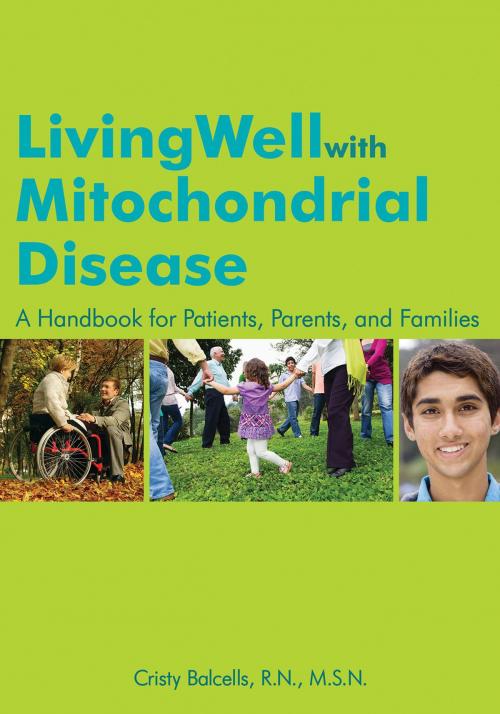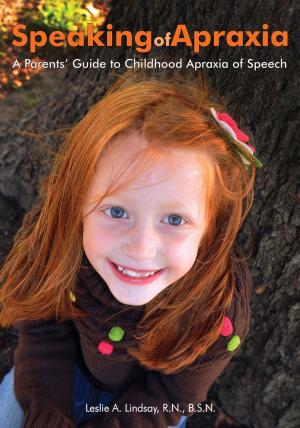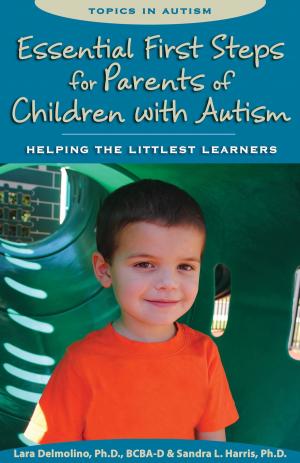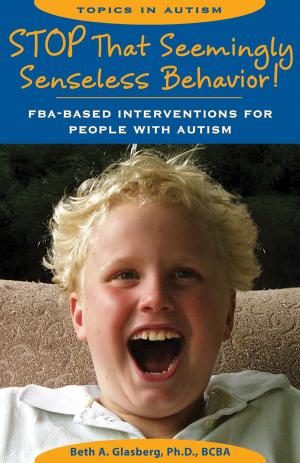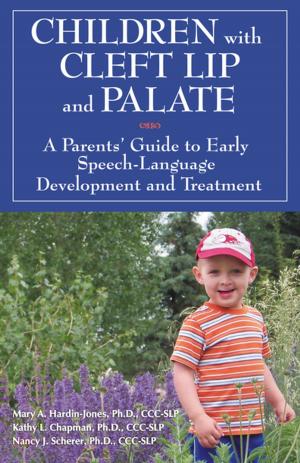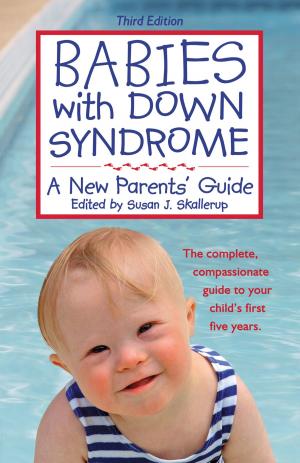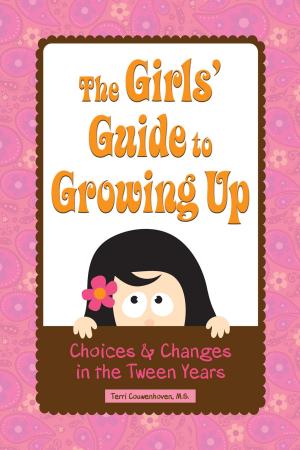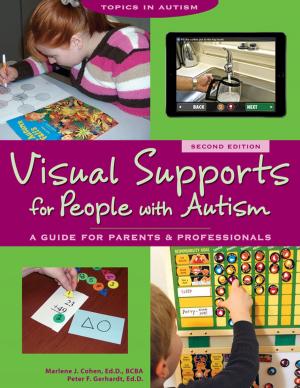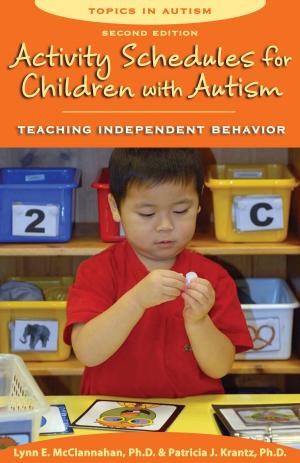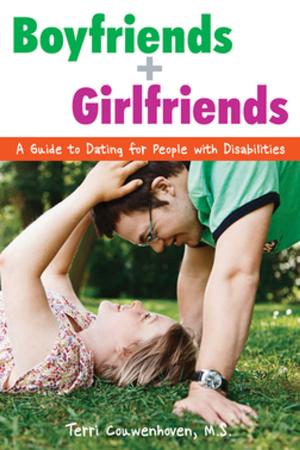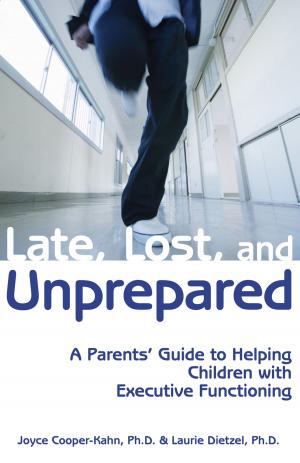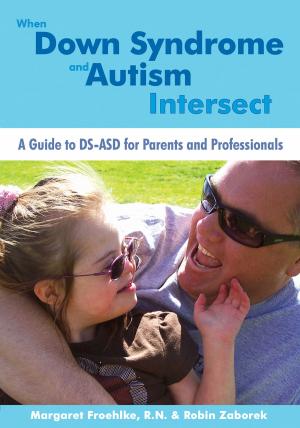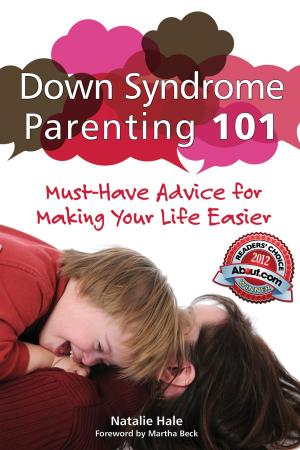Living Well with Mitochondrial Disease
A Handbook for Patients, Parents, and Families
Nonfiction, Family & Relationships, Parenting, Special Needs| Author: | Cristy Balcells | ISBN: | 9781606130810 |
| Publisher: | Woodbine House | Publication: | May 31, 2013 |
| Imprint: | Woodbine House | Language: | English |
| Author: | Cristy Balcells |
| ISBN: | 9781606130810 |
| Publisher: | Woodbine House |
| Publication: | May 31, 2013 |
| Imprint: | Woodbine House |
| Language: | English |
LIVING WELL WITH MITOCHONDRIAL DISEASE helps make sense of mitochondrial disease (Mito), an overwhelming and complex group of diagnoses that has grown exponentially in recent years. The most common metabolic disorder, thought to be more common than cystic fibrosis and broader-reaching than most genetic diseases, Mito can affect babies, children, and teens from birth or at any point during their development. Previously healthy adults, as well as adults with a history of unexplained fatigue, are increasingly receiving a Mito diagnosis. Some children with autism spectrum disorders who have medical issues such as digestive difficulties and fatigue are also being identified as having a mitochondrial disorder. This guide is the first book about Mito written for patients and their families. It takes readers from understanding how the mitochondria work (they are the powerhouse of the cell, providing energy for the entire body), how people with mitochondrial defects are diagnosed and treated, to how to live well when you, your child, or someone you love is struggling with disabling symptoms. Topics include: -the journey to diagnosis -the biochemistry of Mito -practical advice for the specific needs of children and adults -understanding and managing symptoms -where to find specialists and support -treatment approaches -autism and Mito Writing from the perspective of both a parent and nurse, the author shows adult patients, parents, family members, and caregivers how to achieve the best quality of life possible. Readers will feel empowered as they come to understand the causes of Mito, learn to manage the symptoms, avoid emergencies, and make appropriate lifestyle choices.
LIVING WELL WITH MITOCHONDRIAL DISEASE helps make sense of mitochondrial disease (Mito), an overwhelming and complex group of diagnoses that has grown exponentially in recent years. The most common metabolic disorder, thought to be more common than cystic fibrosis and broader-reaching than most genetic diseases, Mito can affect babies, children, and teens from birth or at any point during their development. Previously healthy adults, as well as adults with a history of unexplained fatigue, are increasingly receiving a Mito diagnosis. Some children with autism spectrum disorders who have medical issues such as digestive difficulties and fatigue are also being identified as having a mitochondrial disorder. This guide is the first book about Mito written for patients and their families. It takes readers from understanding how the mitochondria work (they are the powerhouse of the cell, providing energy for the entire body), how people with mitochondrial defects are diagnosed and treated, to how to live well when you, your child, or someone you love is struggling with disabling symptoms. Topics include: -the journey to diagnosis -the biochemistry of Mito -practical advice for the specific needs of children and adults -understanding and managing symptoms -where to find specialists and support -treatment approaches -autism and Mito Writing from the perspective of both a parent and nurse, the author shows adult patients, parents, family members, and caregivers how to achieve the best quality of life possible. Readers will feel empowered as they come to understand the causes of Mito, learn to manage the symptoms, avoid emergencies, and make appropriate lifestyle choices.
